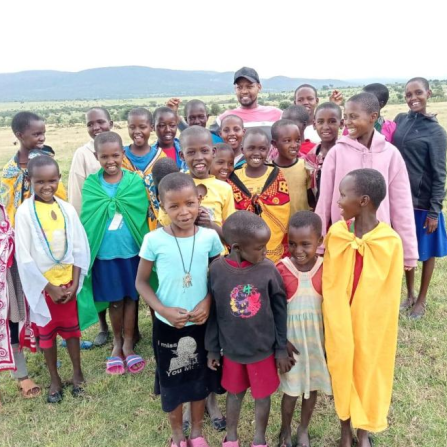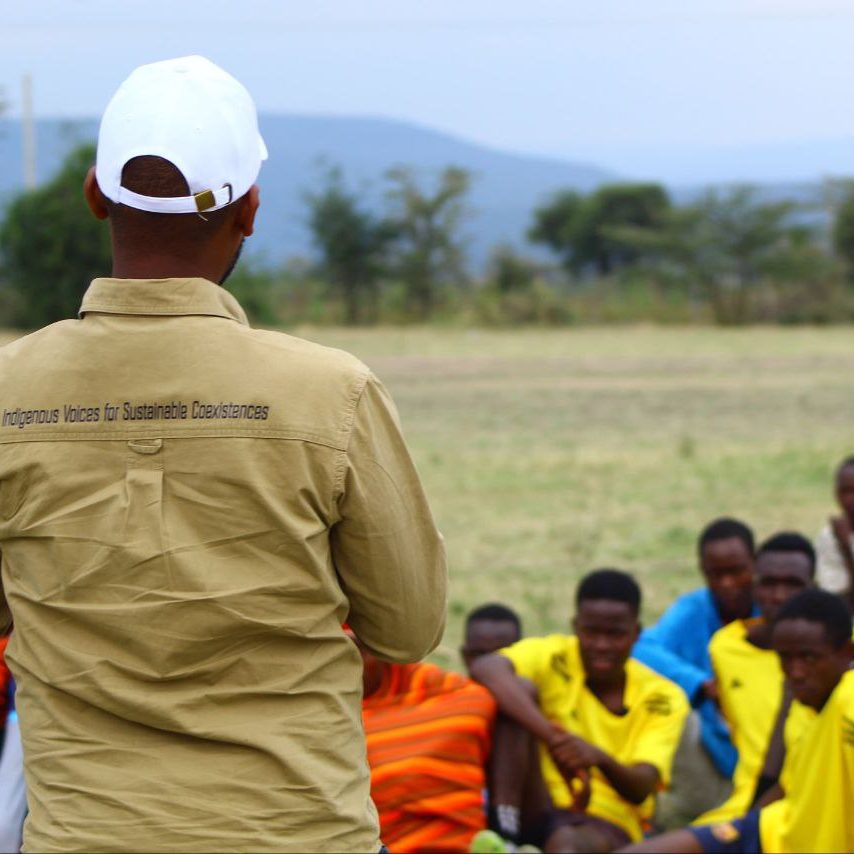Economic Empowerment for Women and Youth
Economic Compensation
Providing compensation for losses incurred due to wildlife, such as livestock predation and human injuries, is crucial for supporting affected communities. This compensation, sourced from government programs or donor funds, helps to mitigate financial hardships and encourages community engagement in conservation efforts.
Educational Opportunities
Investing in the future generation through scholarships for school-going children and creating employment opportunities within conservancies will not only empower individuals but also encourage families to recognize the economic value of wildlife conservation. This will foster a sense of responsibility towards the environment and create a future generation invested in coexistence.
Alternative Energy and Resource Management
Providing alternative cooking methods, such as cooking gas and Jikos, will reduce the need for women to venture into wildlife-dense areas for firewood, enhancing their safety and minimizing the impact on the environment. The provision of home toilets will also alleviate the need for women to use bush toilets, further promoting their safety and hygiene.


Youth Engagement and Indigenous Knowledge Transfer
1. Youth Engagement
Youth engagement in conservation efforts is essential for long-term sustainability. Training young people in technology-driven conservation projects, advocacy for legal human rights, and the establishment of a central coordination office for HWC claims and compensation will create a future generation of conservation leaders. This will empower youth to actively participate in conflict resolution and promote coexistence.
2. HWC Youth Ambassadors
Developing a platform for youth to document and report wildlife incidents, creating a network of HWC youth ambassadors, will enable timely and effective responses to conflict situations. This will empower youth to play a proactive role in addressing HWC issues and fostering a culture of responsibility towards wildlife.
3. Knowledge Transfer
Facilitating the transfer of indigenous knowledge from elders to youth through intergenerational dialogue sessions, storytelling, and cultural events is crucial for ensuring the preservation of traditional practices and their relevance in modern conservation efforts. This will ensure that valuable knowledge is not lost and continues to guide sustainable practices.